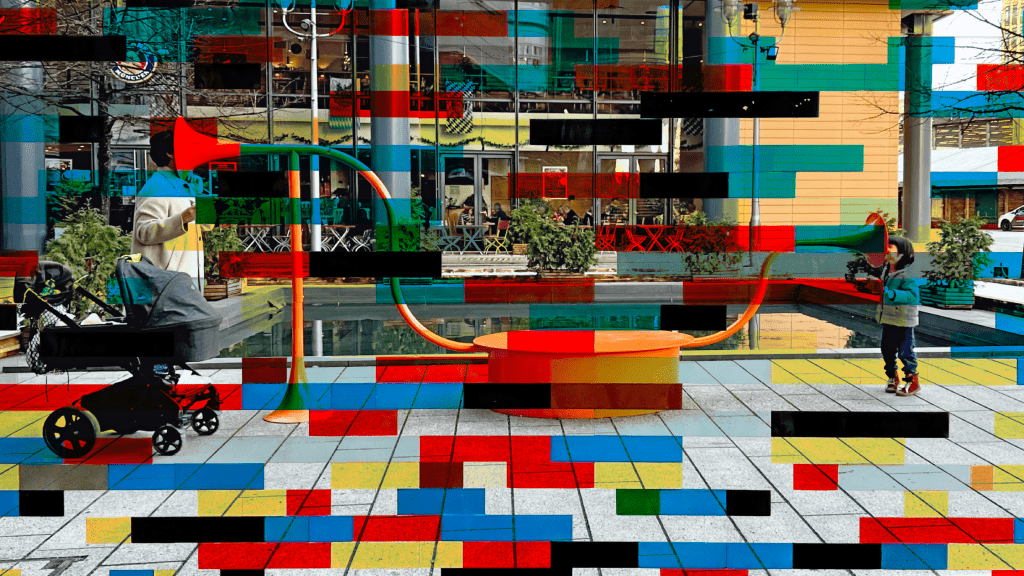Life is generally not fair, and nothing ever goes as planned

This is also true in the corporate world. Since we are imperfect beings, the more flawless the process is, the further away it goes. Feelings, imagination, and flexibility motivate the actions of humans, who are fallible creatures. That’s why it’s simple to lose sight of the people who truly make an organisation successful in your quest for perfect procedures. Thankfully, evolution through communication has proven time and time again to be an effective tool.
Collaboration within an organization is more akin to constructing with Lego blocks than to manufacturing activities, which follow a strict sequence of events. When building a remarkable structure like the Eiffel Tower, there is no single best approach. It is possible to accomplish the same objective by combining elements of different sizes, shapes, and colours. Sometimes all it takes to put a building together is a single, seemingly insignificant part. Asking the right question or listening attentively can lead to a fresh perspective and a creative solution.
That it permits uniqueness is the beauty of this method. Similar to the variety of Lego parts in a set, people bring unique viewpoints, abilities, and life experiences to any given situation. Innovation thrives in an environment that values connection over strict compliance. This is especially important in organizations, where collaboration isn’t just a nice-to-have but the engine of progress.
At the heart of effective collaboration is the willingness to stay open. Ideas, processes, and even relationships must remain flexible so they can adapt and grow. This openness creates a fertile ground for creativity and builds trust among team members. When people feel seen and heard, they become more willing to invest their energy into solutions that benefit the whole organisation.
Ultimately, businesses that embrace the imperfection of human nature are better positioned to thrive. Instead of chasing the illusion of a perfect process, they can focus on creating systems that encourage connection and continuous improvement. After all, true progress doesn’t come from perfection—it comes from collaboration, curiosity, and the courage to try something new.
This mindset, however, begins with individuals. We all need to accept our flaws and those of others.
Recognizing that flaws are a natural part of being human allows us to approach others with empathy and understanding. When we accept our differences and appreciate the value they bring, we create an environment where everyone feels empowered to contribute their unique strengths. It is this collective imperfection, when united through communication and connection, that unlocks the potential for truly remarkable achievements.
Another component of embracing imperfection is accepting mistakes as unavoidable happenings in the workplace. Being open about our failures and devising a strategy to overcome them helps us progress. This includes creating an environment in which employees feel comfortable discussing mistakes, doing detailed appraisals of what went wrong, taking action to address the issues, and being accountable.
We can improve the organization through open communication and continual development, foster creativity, and strengthen resilience by viewing mistakes as opportunities for growth and learning.

